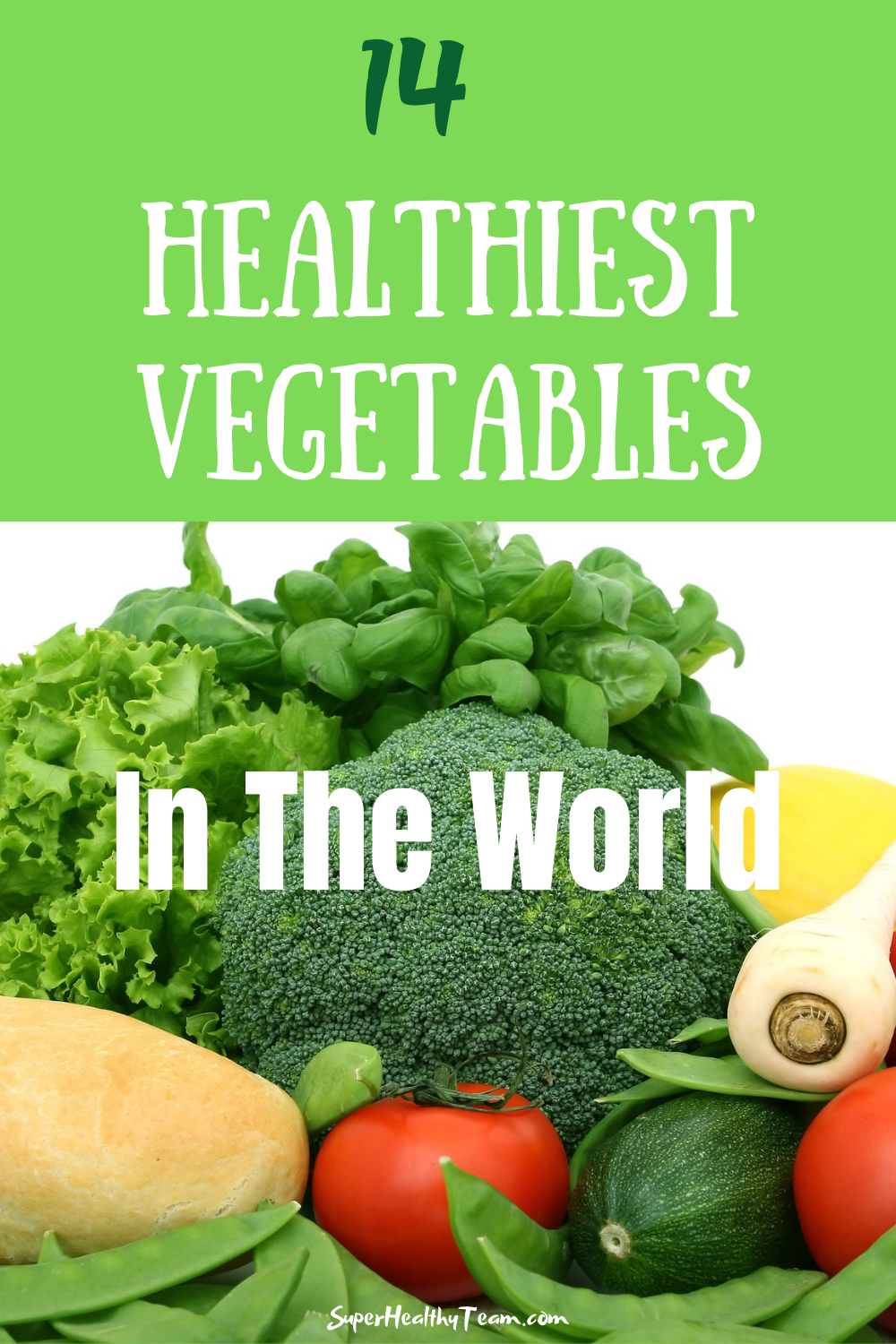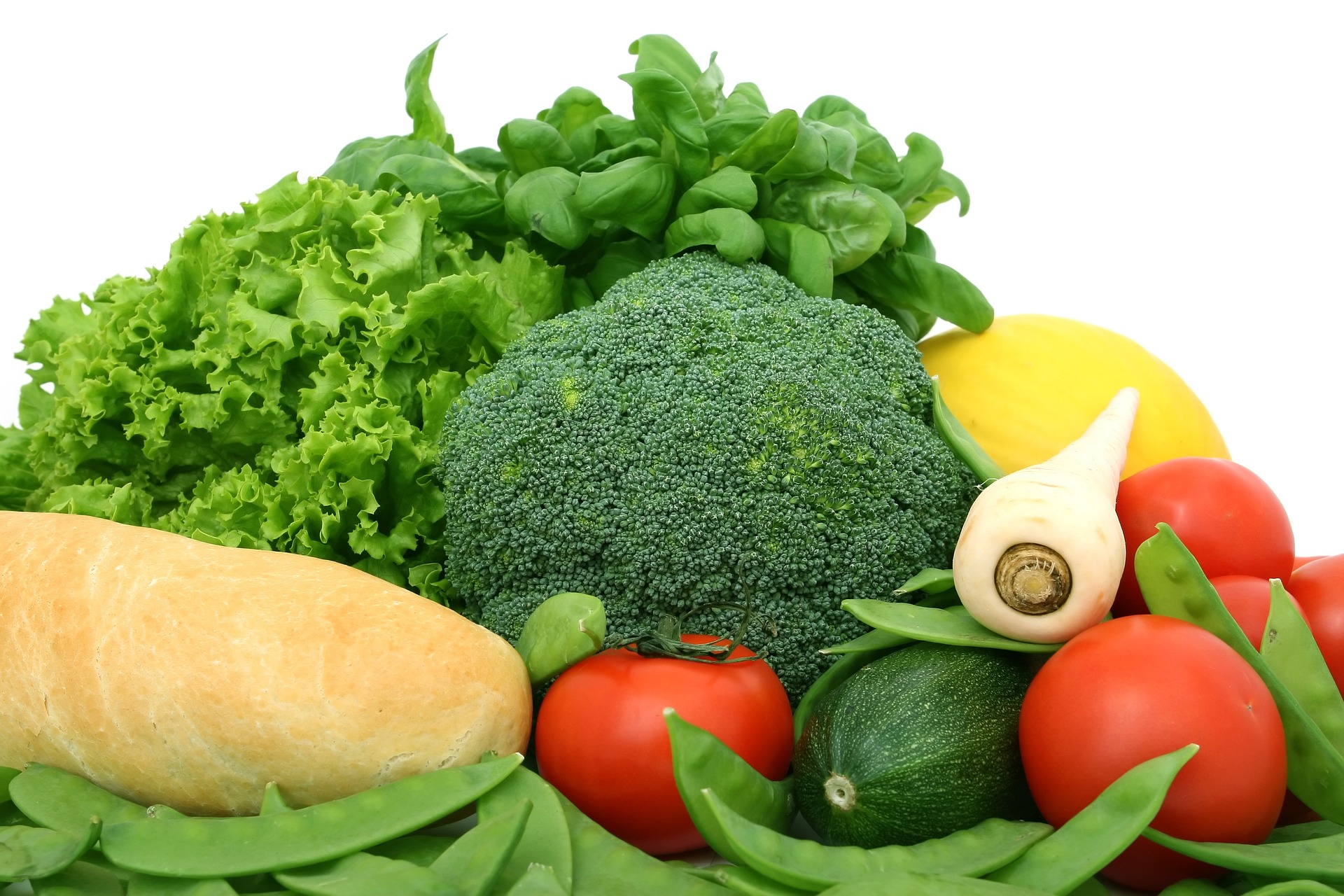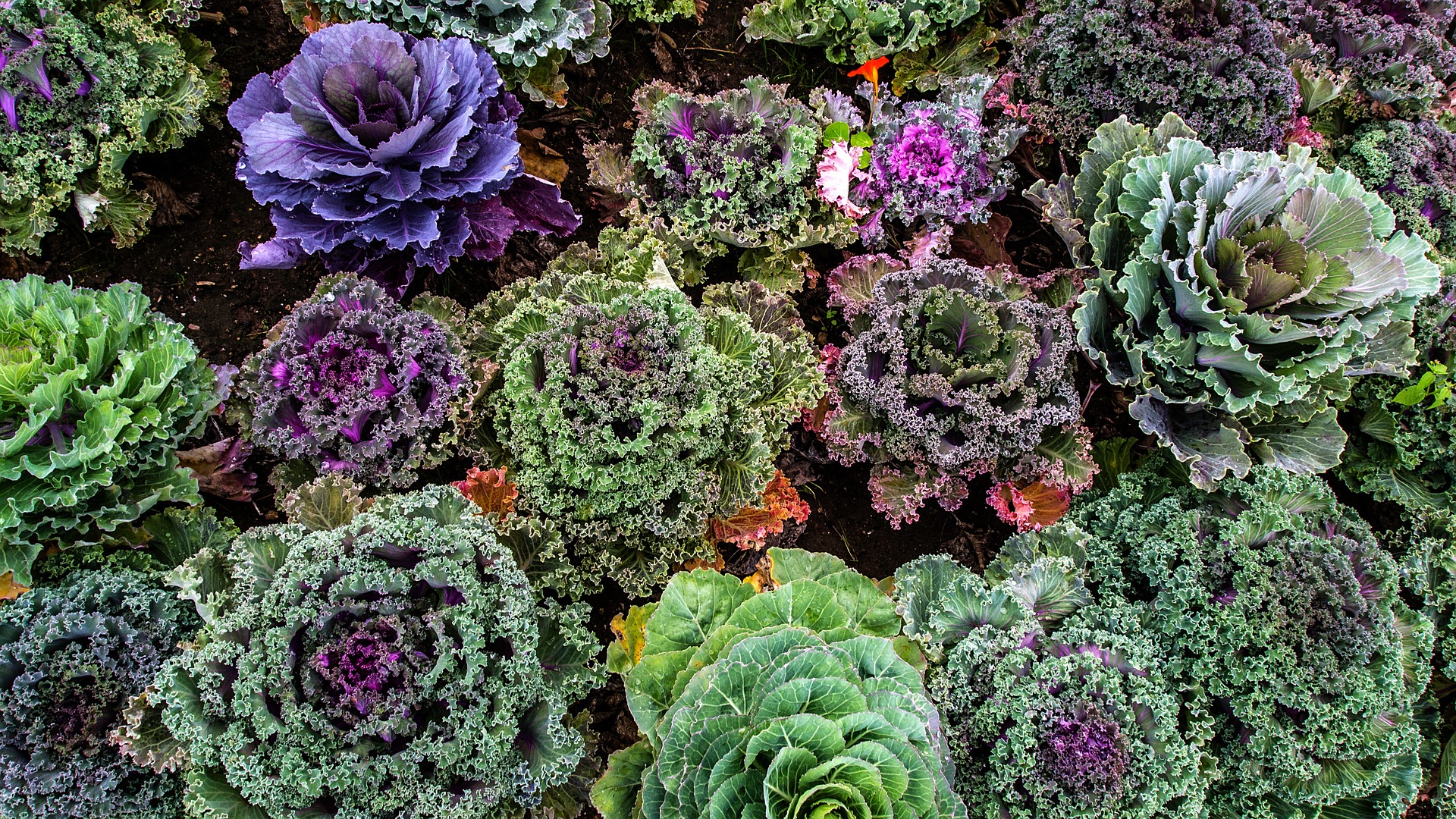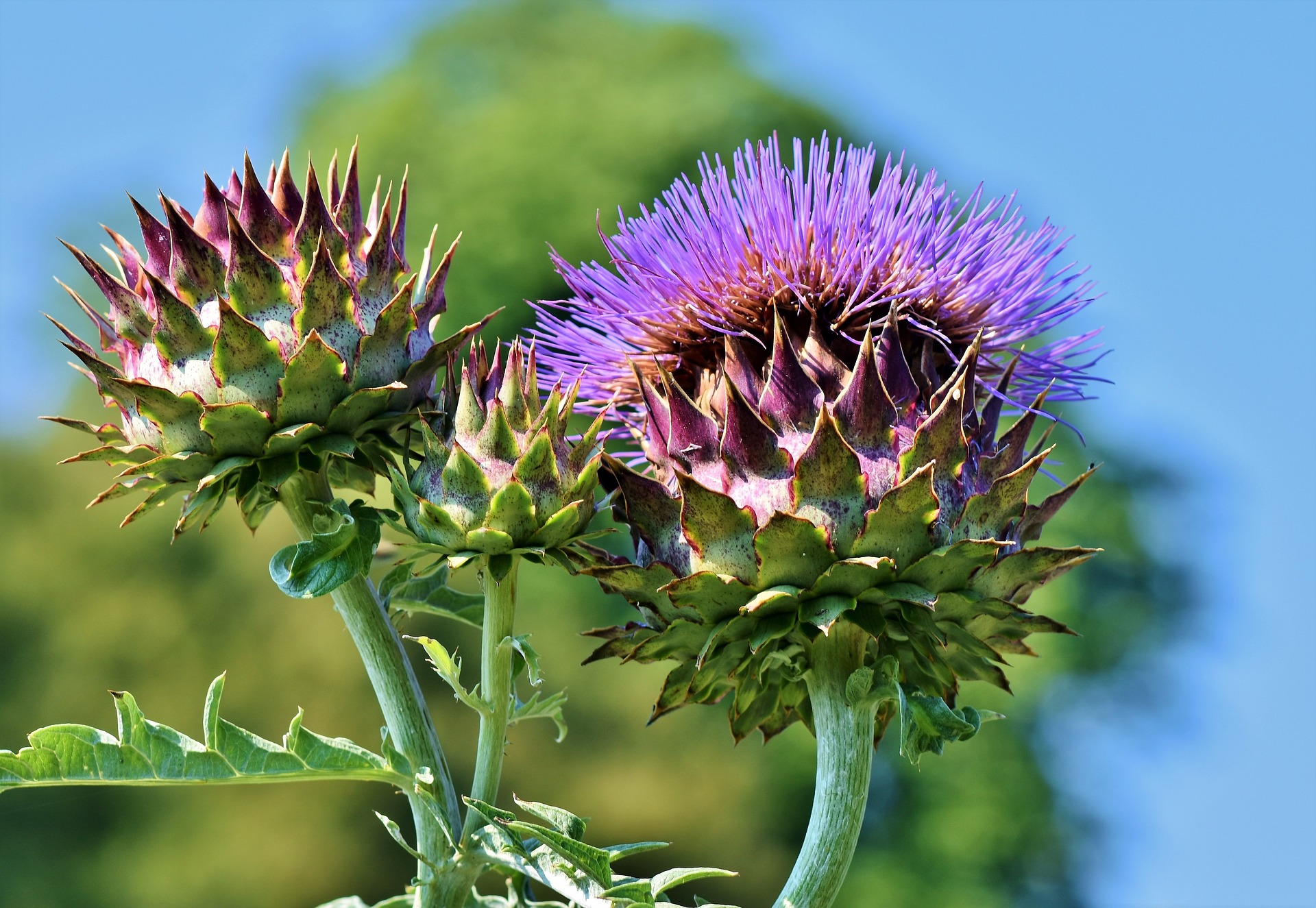World Healthiest Vegetable
One of the simplest ways to improve health and well-being is to eat a variety of vegetables.
In terms of nutrients and fibre, all veggies are excellent choices, but some stand out for their remarkable health benefits, such as these 14 Healthiest Vegetables In the world.
Specific vegetables may provide greater health benefits to some people than others, depending on their diet, overall health, and nutritional needs.
According to health experts, the 14 Healthiest Vegetables In the world are:
- Spinach,
- Carrots,
- garlic,
- Broccoli,
- Brussels sprouts,
- Kale,
- Peas,
- Swiss chard,
- Ginger,
- Asparagus,
- Red cabbage,
- Sweet potatoes,
- Kale, and
- Kohlrabi.
All these vegetables are rich in vitamins, minerals, and fibre, but some are exceptionally particularly beneficial to one’s health. These 14 Healthiest Vegetables In the world are nature’s little gifts to us humans, from leafy greens to cruciferous vegetables.
Eating lots of vegetables can be one of the easiest ways to improve your health and wellness. Alas, anyone who hasn’t lived under a rock since its inception on planet Earth knows that a diet rich in vegetables, preferably all colours, sizes and types, is essential for everything from healthy hair and bones to immunity and weight loss.

How do vegetables contribute to a healthy diet?
Depending on a person’s diet, overall health, and nutritional demands, some vegetables can have a positive impact on their health.
Some vegetables have extra health benefits, such as the ability to fight inflammation or lessen the risk of disease, that make them stand out. Vegetables are an important source of vitamins and minerals that help the body fight sickness.
Eating vegetable daily is also essential to one’s overall well-being. As long as you’re hungry and have the money, you can consume as many vegetables as you like to stay healthy.
So, what exactly are the health advantages of a vegetarian diet?
- Vegetarianism can be excellent for heart health. Vegetarians may be up to one-third less likely than non-vegetarians to die or be admitted to the hospital due to heart disease.
- Reduces the likelihood of developing cancer.
- Type 2 diabetes can be avoided with a high level of vegetarian consumption.
- It helps to lower blood pressure.
- Reduces the severity of asthma symptoms.
- It helps to maintain bone health.
The Advantages and Disadvantages of Being a Vegetarian
A vegetarian diet is very effective for weight loss. Being a vegetarian might result in nutrient shortages that are frequent.
Feelings of satiety are enhanced due to the high food volume of vegetable foods and their low energy intake. However, Vegans have a harder time meeting their protein requirements without resorting to taking vitamin and mineral supplements.
Related articles:
11 Health Benefits Of Fruit And Vegetable Smoothies
Eating Minerals For Better Health
Eating Fat For Better Health Fats
Five Foods That Fight Belly Flab

World Healthiest Vegetable
For most people, however, understanding the 14 Healthiest Vegetables in the world and making full use of them for optimum health is a useful tool in today’s fast-paced, budget-conscious society.
A few dishes stand out amongst a sea of vegetables, even those considered the healthiest on Earth. Leafy greens are an excellent addition to your regular diet. Leafy greens are one of the world’s healthiest vegetables because of the wide variety of nutrients they contain.
Spinach Benefits
A serving of spinach provides a good source of vitamins and minerals. More than half of the necessary daily intake of vitamin A is found in just one cup of spinach.
The immune system benefits from vitamin A. There are only 7 calories in a single serving of raw spinach, which provides 56% of your daily requirement of vitamin A as well as the entire daily requirement of vitamin K.
Vitamins and minerals, iron, and antioxidants are all found in spinach, which is a green leafy vegetable.
Fibre and protein-rich spinach is a green, leafy vegetable. The antioxidants beta-carotene and lutein, both of which are abundant in spinach and other dark-green leafy vegetables, may help protect against cancer, according to one study (trusted sources). Prostate cancer risk may be reduced by eating a lot of Brassica plants, such as kale.
Is Broccoli Leaves Good For You?
The high levels of collagen, calcium and vitamin K in broccoli have been shown to support and improve bone health.
One cup (91 grams) of raw broccoli provides 116% of your daily need for vitamin K, 135% of your daily need for vitamin C, and good amounts of folate, manganese, and potassium.

What Is The Benefit Of Eating Raw Kale?
Another member of the cruciferous vegetable family, kale has the same benefits as broccoli.
Vitamins A, K, and C, as well as a quarter of the required daily manganese intake, can be found in broccoli. About 7 calories per cup of raw leaves are a good source of vitamin C and potassium.
People with high cholesterol levels may benefit from eating kale. Nutritional density and antioxidant content make kale one of the healthiest leafy greens on the market.
There are numerous health benefits of eating kale, a common green leafy vegetable. Because of its high fibre and low-fat content, it’s an excellent vegetable to include in your diet regularly.
As with other members of the cruciferous family, this vegetable provides a wide range of health benefits.

Raw Red Cabbage Benefits
Raw red cabbage has 85 per cent of your recommended daily intake of vitamin C in just one cup (89 grammes). In addition to its heart-health benefits, cabbage has a high antioxidant content, fibre, vitamin C, and anthocyanins are abound in red cabbage.
Sulfur-containing compounds (such as those found in broccoli) and vitamins C and B9 (folate) found in cruciferous vegetables (such as cabbage, broccoli, turnips, and watercress) may help prevent cancer.
Nutritional benefits of vegetables include fibre, anti-cancer antioxidants and vitamins and minerals that promote the health of the bones, brain, digestive tract and blood vessels as well as the cardiovascular system.
While it can be difficult to get some to eat vegetables, the benefits of a wide variety of vegetables far outweigh the risks a picky eater takes when trying something new. Vitamins, minerals, and phytonutrients can all be found in vegetables.
However, regardless of whether a vegetable is a vegetable in our minds (and if we eat it, it will be much better than if we did not eat it), we would be wrong to conclude that all vegetables are the same height in terms of their nutritional profile.

Green Peas Benefits
A serving of cooked peas, which is equivalent to about 160 grammes, has 9 grammes of fibre, 9 grammes of protein, and vitamins A, C, and K as well as the B vitamins riboflavin, thiamine, and folic acid in a cupful.
About a quarter of an adult’s recommended daily allowance (RDA) of fibre is found in only one cup of peas.
They are also high in fibre, which helps maintain a healthy digestive system, and bind plants called saponins, which may have anti-tumour effects.
Vegetables should make up one to four cups of your daily intake, depending on your caloric needs.
Green leafy vegetables are rich in vitamin B and calcium, which help lower cholesterol, improve bone health, and prevent colon cancer.
Additionally, Beet is also known to be good for liver health and is excellent for clean vegetables.
Conclusion
If you’re looking for a real deal that can have a huge influence on your health, go no further than these vegetarian superfoods.


